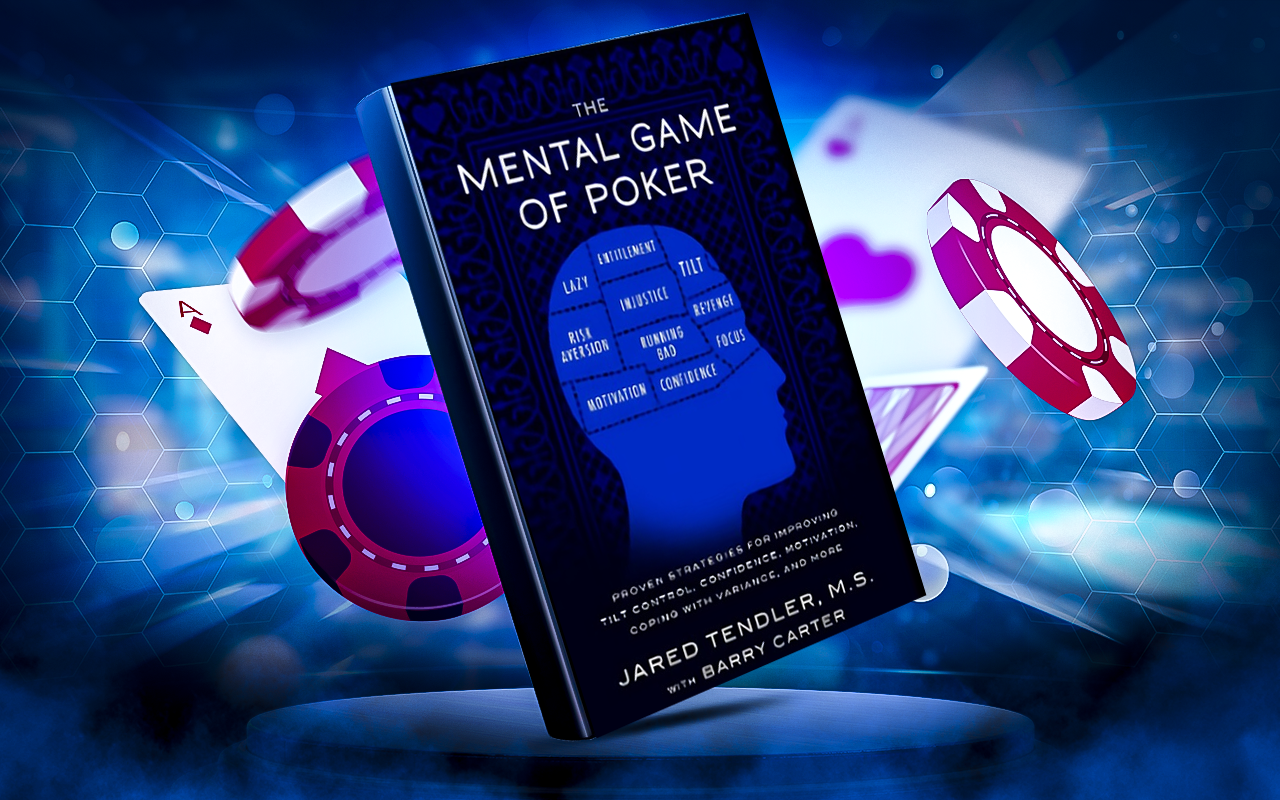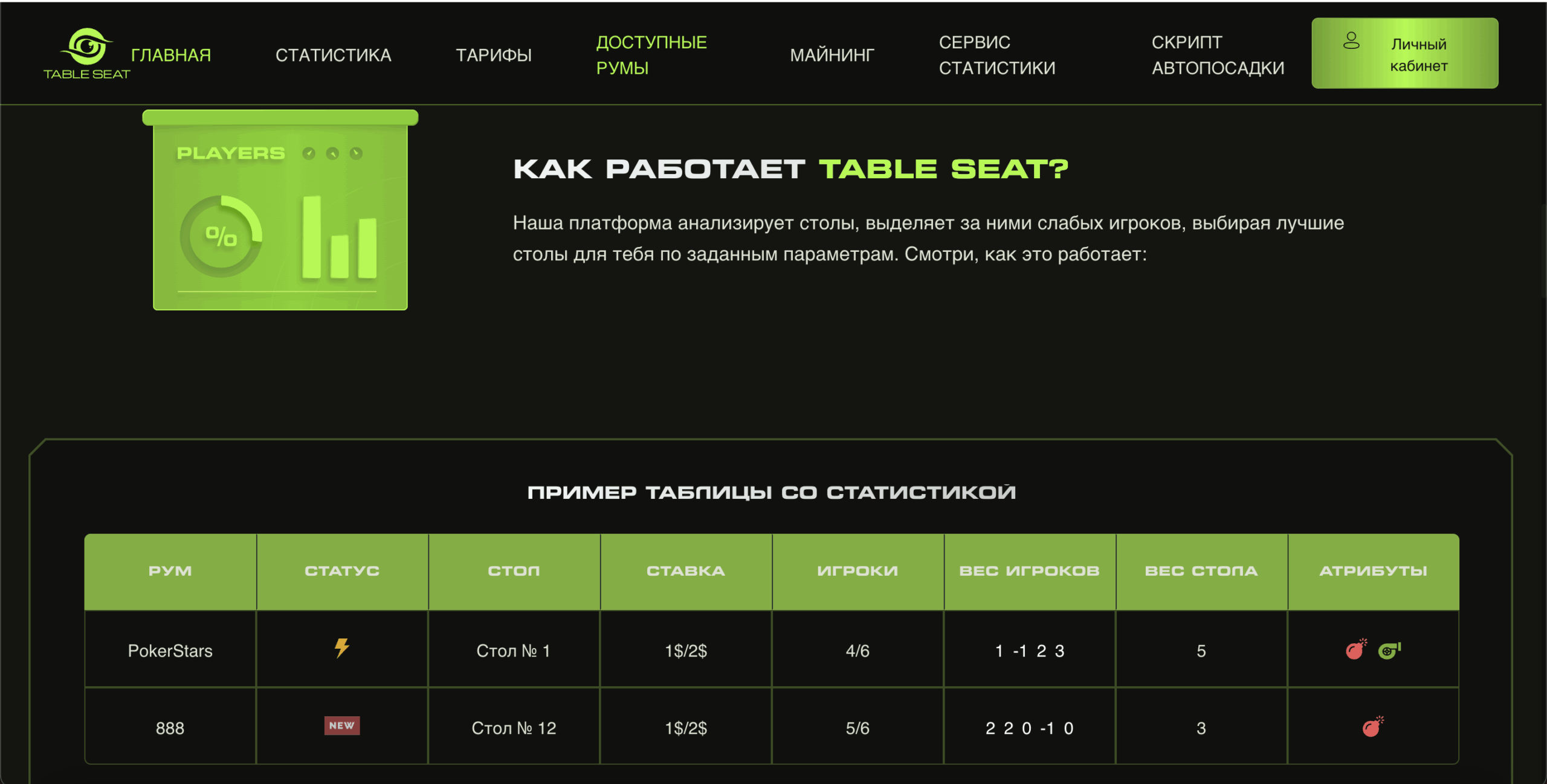В покере эмоциональные всплески и психологические проблемы могут стать главным препятствием на пути к успеху. Как только эмоции берут верх, ваша игра становится неэффективной, а ошибки начинают сказываться на банкролле. В этой статье мы разберем пять ключевых шагов, которые помогут вам выявить и исправить психологические «лики», так же, как вы работаете над техническими аспектами игры, анализируя свои хэнд-хистори.
📉 Поверхностные решения не работают
Большинство методов, направленных на устранение психологических проблем, заключаются в попытках быстро исправить ситуацию, но они не устраняют корневую причину. Вместо этого игрокам предлагаются поверхностные подходы, которые временно снижают напряжение, но не убирают проблему.
Пример:
- Проблема: «Я начинаю тильтовать, когда меня переезжает слабый игрок».
- Решение: «Просто не тильтуй», — это неправильно, потому что не решает саму причину тильта.
🛠 Хэнд-хистори игр разума: пятишаговый протокол для анализа проблемы
Для работы над психологическими проблемами я предлагаю использовать пятишаговый протокол, который напоминает анализ хэнд-хистори в покере. Каждый из этих шагов поможет вам понять, откуда возникает проблема, почему логика, стоящая за ней, ошибочна, и как можно найти правильное решение.
1. Опишите проблему
Запишите ваше описание проблемы так, будто вы рассказываете её тренеру. Чем подробнее будет ваше описание, тем проще будет найти решение.
Пример:
- «Я тильтую, когда меня переезжает фиш в большом банке».
- «После серии побед начинаю играть слишком лузово».
2. Найдите логическое объяснение
Каждая психологическая проблема имеет под собой логическую основу, даже если кажется, что она полностью эмоциональна. Например, если вы начинаете тильтовать, это может быть связано с тем, что вы считаете, что всегда должны выигрывать у слабых игроков.
Пример:
- Тильт от переезда слабого игрока может объясняться чрезмерным ожиданием победы над ним.
- Лузовая игра после серии побед может быть вызвана переизбытком уверенности.
3. Проанализируйте, почему ваша логика ошибочна
Этот шаг требует точности. Логическая ошибка может заключаться в том, что вы переоцениваете контроль над результатами игры, недооценивая влияние дисперсии.
Пример:
- Ошибка: «Я всегда должен выигрывать у слабых игроков».
- Верный взгляд: Никто не может контролировать все аспекты игры, особенно случайность раздачи карт.
4. Найдите правильное решение
Теперь важно перейти к решению проблемы. Пример исправления: «Я не могу контролировать карты, но могу контролировать свои действия и реакцию».
Пример:
- «Я буду сосредотачиваться на качестве своих решений, а не на результате отдельных раздач».
- «Слишком лузовая игра в плюсе — это потеря контроля, и я должен сохранить дисциплину».
5. Объясните, почему ваше решение верно
Этот шаг помогает закрепить новое понимание. Объясните себе, почему выбранное вами решение является правильным.
Пример:
- «Я контролирую только свои решения, а переезды — это естественная часть покера, которая на дистанции приносит мне прибыль».
- «Играть слишком лузово из-за эйфории после выигрышей — это ошибка, которая ведет к проигрышам».
🎯 Дополнительные стратегии для достижения успеха
📊 Отслеживание прогресса
Важно фиксировать свои успехи, чтобы понимать, как изменяется ваша игра. Ведь эмоциональные и психологические улучшения порой могут быть едва заметны. Вот несколько критериев для отслеживания прогресса:
- Вы быстрее замечаете приближение проблемы во время игры.
- Ваше эмоциональное состояние восстанавливается быстрее после тильта.
- Вы допускаете меньше ошибок, связанных с эмоциями.
📓 Ведение записей
Записи — это мощный инструмент для работы над психологическими аспектами игры. Они помогают систематизировать мысли и видеть динамику прогресса.
Преимущества:
- Вы извлекаете свои мысли из головы и приводите их в порядок.
- Создаете «учетную запись», к которой можно вернуться и проанализировать изменения.
- Снимаете напряжение, помогая вашему разуму справляться с эмоциями.
💥 Работа с накопленными эмоциями
Эмоции имеют свойство накапливаться, и одна небольшая неудача может вызвать вспышку гнева, если за ней стоит целая цепочка прошлых переживаний. Чтобы справиться с накопленными эмоциями, нужно постепенно их «разгружать».
Шаги:
- Признайте, что накопленные эмоции — это реальная угроза для вашей игры.
- Используйте хэнд-хистори, чтобы записывать и разбираться с проблемами.
- Постепенно учитесь распознавать эмоции в моменте.
- Проанализируйте прошлые эмоциональные реакции и перепишите их, рассматривая под другим углом.
🎯 Практическое задание: Эмоции под контролем
- Выберите раздачу: Где эмоции взяли верх. 🎲
- Опишите: Свои чувства и действия. ✍️
- Анализируйте: Почему это произошло? Можно ли было сыграть иначе? 🤔
- Сформулируйте план: Как избежать такого в будущем. 💡
- Примените: В следующей игре замените негатив на позитив. 🧘♂️
Результат: Улучшение контроля над эмоциями и игрой! 🎉
🔑 В заключение
Психологические проблемы — это возможность для роста и улучшения вашей игры. В современном покере не получится просто игнорировать эмоции и надеяться на стабильные результаты. Работая над собой, вы сможете не только стать более стабильным игроком, но и получить психологическое преимущество перед оппонентами.
Подписывайтесь на наш Телеграм-канал, чтобы не пропустить следующие материалы и продолжать улучшать свою игру с каждым новым шагом!




